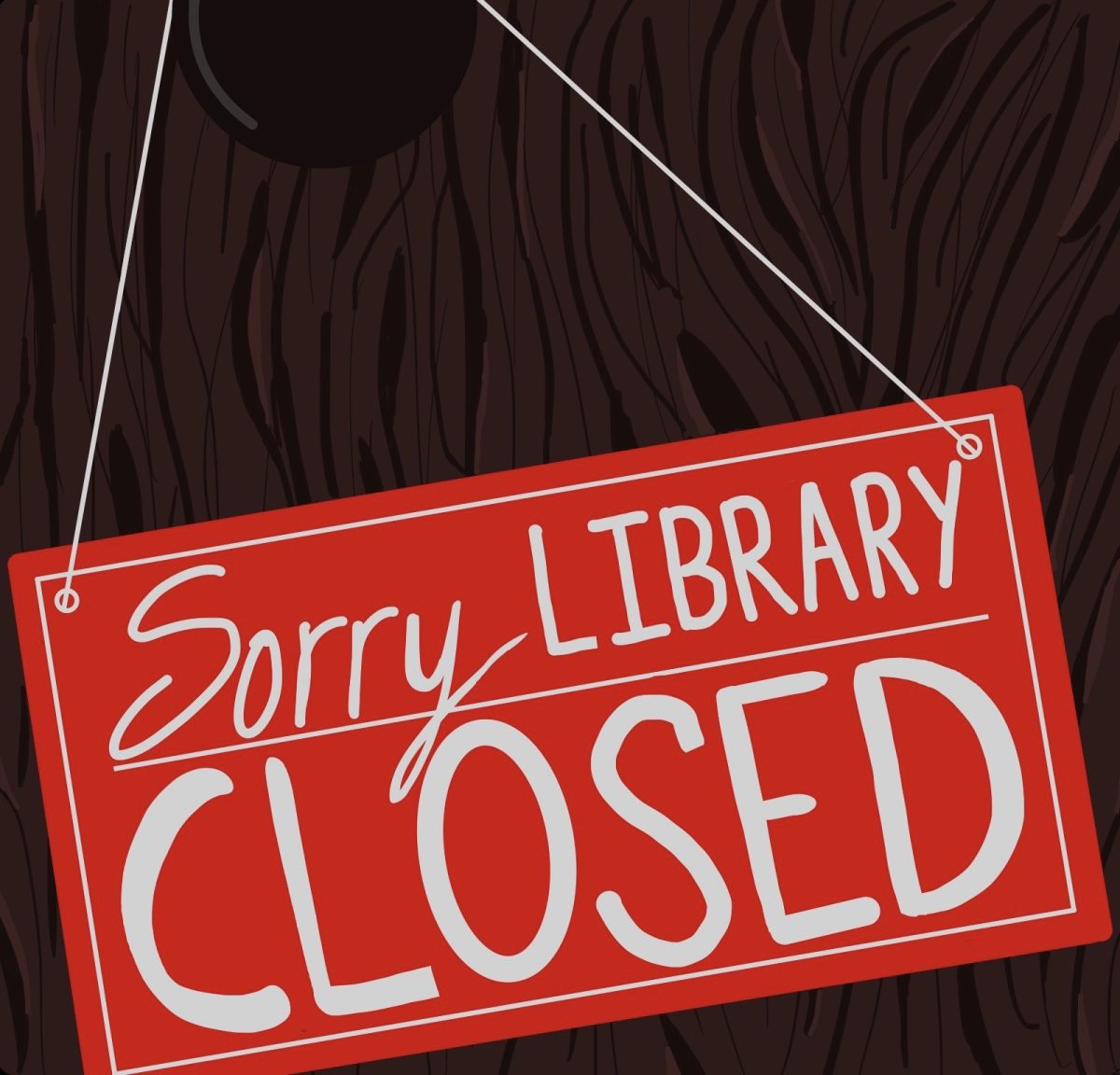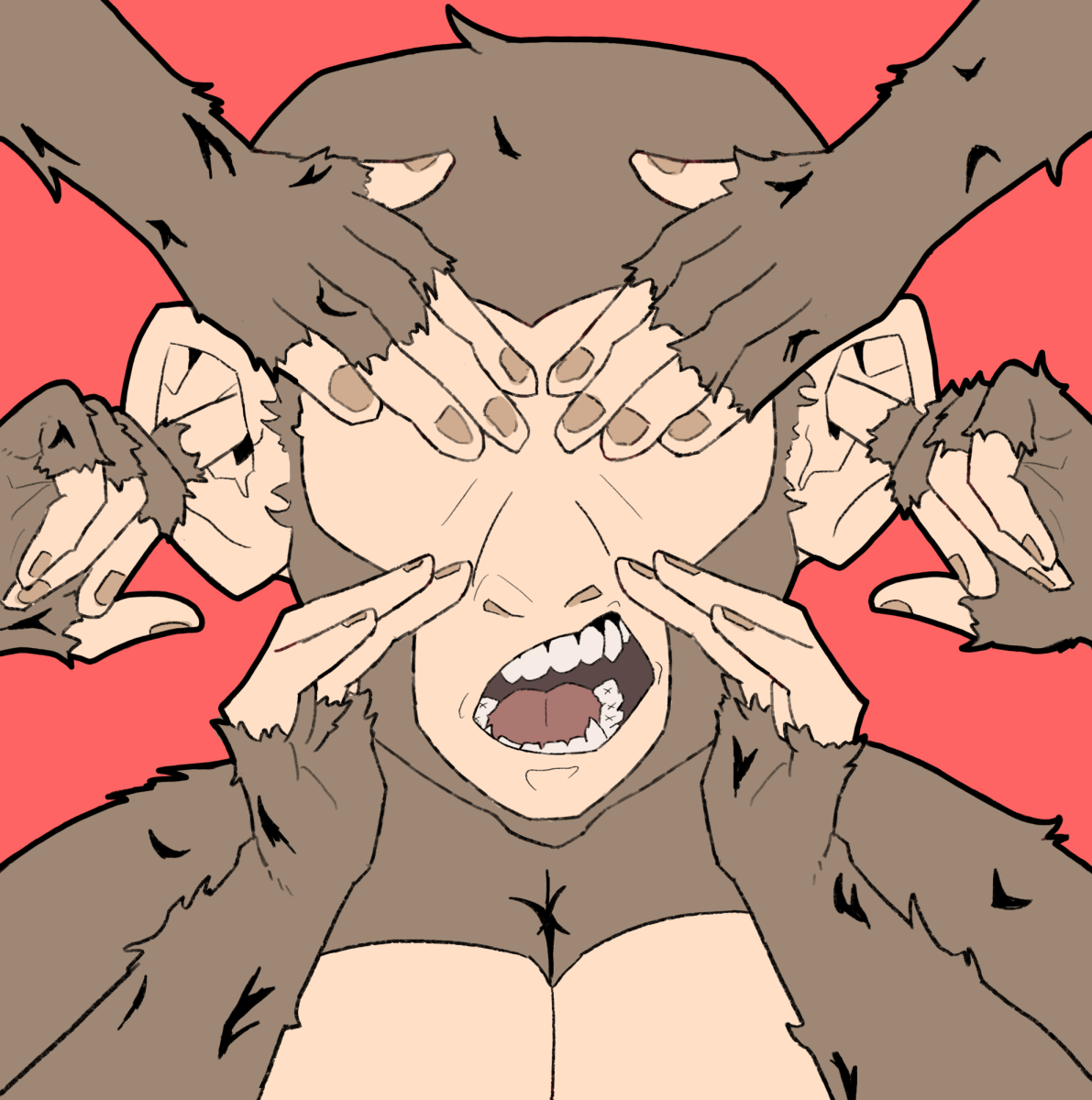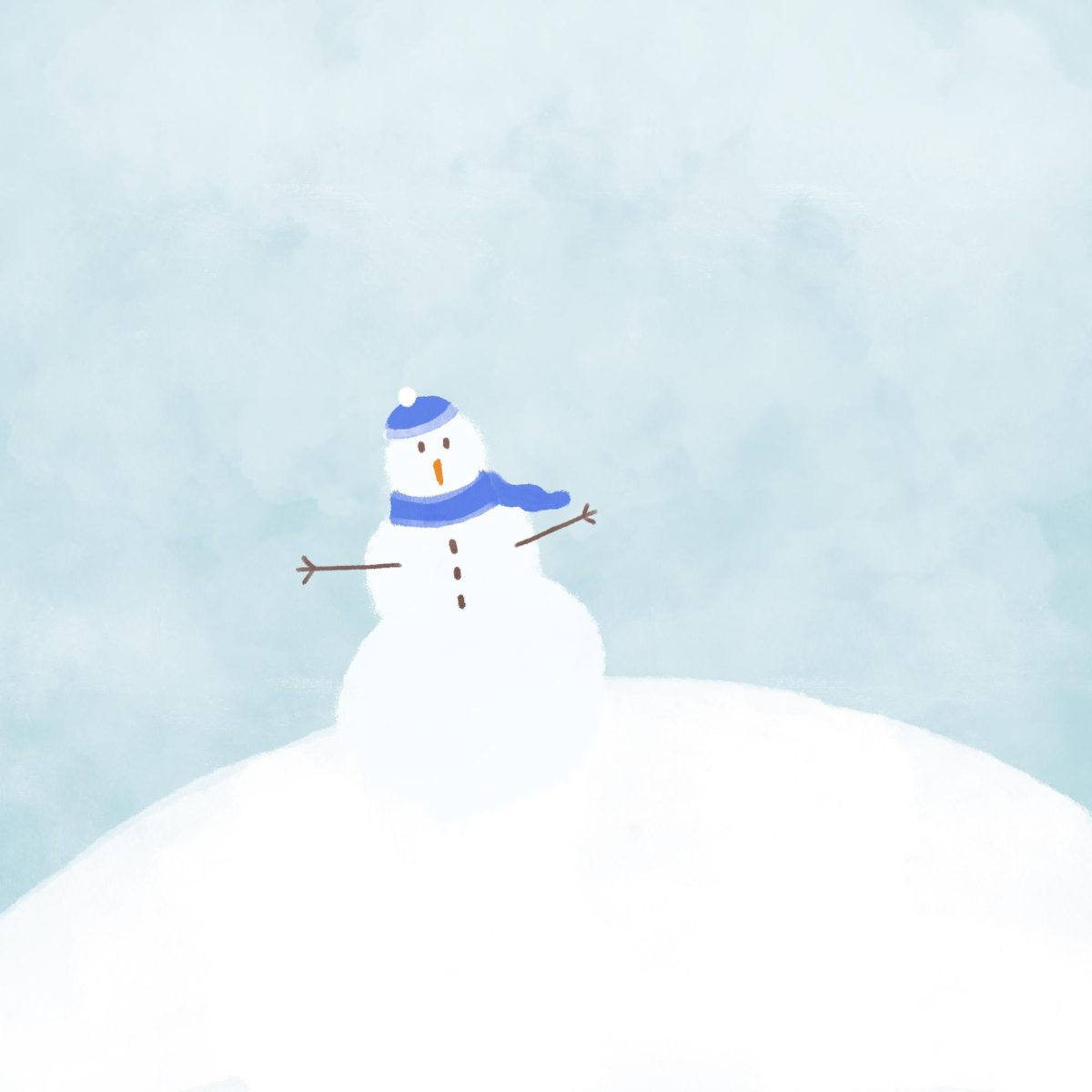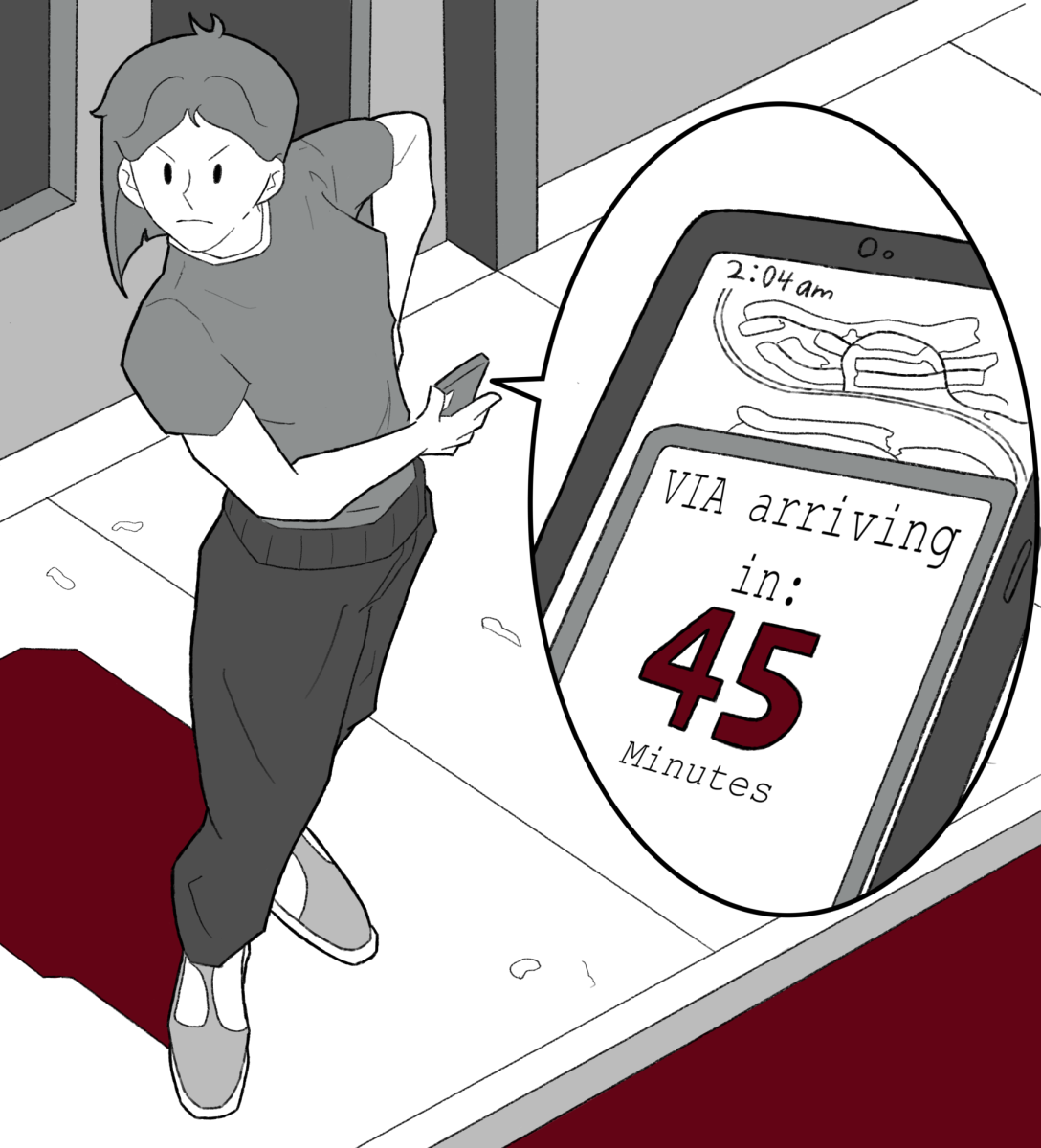It seems no fourth-grade class can exist without a tone-deaf lesson ascribing primitivity to Indigenous people. In my New York public school, the gist of the lesson was this: There were some people here before Henry Hudson, they ate corn and lived in harmony with nature, and the cool cat Europeans asked everyone to move before they built New York City. Our music class featured some (doubly tone-deaf) chanting about the Iroquois Confederacy, Thanksgiving was greeted with construction-paper headdresses, and Squanto: Friend of the Pilgrims made an appearance in Story Circle. Then, we measured the density of a marble, that one kid ate a glue stick, and we moved on.
As a white woman, I had the luxury of ignoring modern Indigenous struggles until my early teens. I started unlearning my elementary school lessons once No DAPL protests at Standing Rock flooded my Twitter feed. Trapped in a movement constantly being weighed down by existentially terrifying statistics, I found that recentering my relationship with climate justice around Indigenous folks and Indigenous issues renewed my passion for the cause. Pre-Thunberg, pre-AOC, pre-Sunrise Movement, and pre-every other figure that forced climate activism into the mainstream, the raised fists and snow-covered banners of Standing Rock spoke to teenage environmental justice advocates across the country.
When I began university, I hoped to study Indigenous culture further. UChicago has not made this easy. Throughout my courses—even those that boasted a concentration on race and discrimination in the Western world—I encountered the same unstudied and unspecific treatment of Indigenous Americans as I did in elementary school. At UChicago, Native Americans are seen as footnotes within larger histories and dynamics—one week in a class on American colonization or a footnote in an environmental justice lesson. Even justice-oriented professors rarely mention Indigenous people beyond the token I in BIPOC.
Individual professors’ roles in Indigenous Studies is important—Professors Teresa Montoya, Mareike Winchell, and Edgar Garcia center Indigenous history in their classes—but the general lack of emphasis on Native Americans is a university-wide problem. UChicago has not allocated the teaching or financial resources for a Native American Studies department. Despite the specialization being listed as a concentration with the Comparative Race and Ethnic Studies (CRES) major, there are no designated courses in Native American Studies offered this quarter. In fact, across the past 18 quarters (as far back as My.UChicago’s class portal shows), there have only been six classes with an explicit primary focus on Indigenous people in the United States. A few more were planned according to the catalog released annually, but only six made it to the registration portal. Considering the CRES major requires four classes concentrated on a specific topic and UChicago students cannot study for more than 13 quarters barring extenuating circumstances, students functionally cannot concentrate in Native American Studies.
Also, while many other racial and ethnic groups have dedicated Civilizations sequences available to all students through the Core curriculum, there is no option for students hoping to study Indigenous history. Instead, Indigenous folks make mere guest appearances in Colonizations I and America in World Civilization I. The University has both discounted the role of Native Americans in history and student interest in studying that history.
If we want to know why the university has minimized Native histories and narratives, we can assume the usual cocktail of racism and colonialism. As Kelly Hui wrote in her November article, just as we “cannot ‘decolonize’ spaces built upon oppression,” we cannot expect UChicago to grapple with its colonialist existence in a meaningful way without constant student pressure.
In order to create space for Indigenous Studies, students need to push for the program with the same fervor used for other racial justice campaigns. The #EthnicStudiesNow and #CulturalCentersNow campaigns launched by UChicago United have consistently and passionately advocated for a CRES Department and designated cultural centers for Black, Asian, and Latinx students. Several student groups have rightly decried the destruction that the University wrought on Black and Brown communities in Chicago’s South Side and advocated for active anti-racism through action and education. But rhetoric centering Indigenous folks remains mainly absent from the same activist circles organizing around other pressing racial justice issues. The same students who can wax rhapsodic about police abolition are often less informed about the Land Back movement to repatriate Indigenous lands, an important facet of police abolition. Land acknowledgments, common practice in most justice-oriented groups beyond campus, are rare; in the two and a half years I have attended UChicago, I have been to two group events that acknowledged the area’s first inhabitants, and only one was run by a campus organization. Chicago is not the result of one instance of colonization. Chicago’s history is marred and defined by the 1832 Black Hawk War and the Indian Relocation Act of 1956 just as it is by the 1919 Red Summer, and the city’s continued history of segregation, police brutality, and institutional racism. The sooner both students and the school acknowledge this fact, the sooner non-Indigenous students can serve as effective allies to Indigenous movements.
It is also not enough to ignore Indigenous people or burden them with our ignorance while we wait for UChicago to create a legitimate Native American Studies department. How many of us have warped histories to unlearn or wide knowledge gaps to fill? As Non-Indigenous people, we have to put in the time to educate ourselves. There are abundant resources on Indigenous history in Chicago (and here and here and countless other places) and the current work of Indigenous activists. Rosy glasses and Squanto (real name Tisquantum) picture books won’t cut it, not in fourth grade and certainly not now.
Julia Spande is a third-year in the College.








